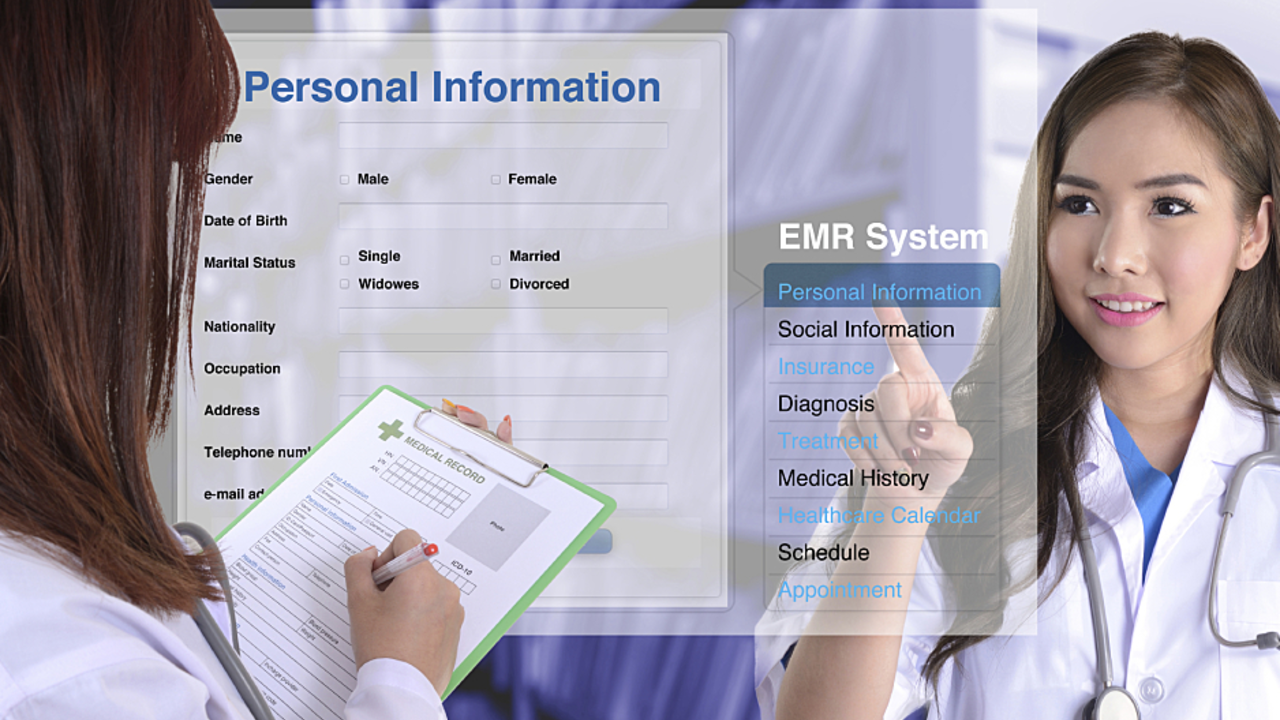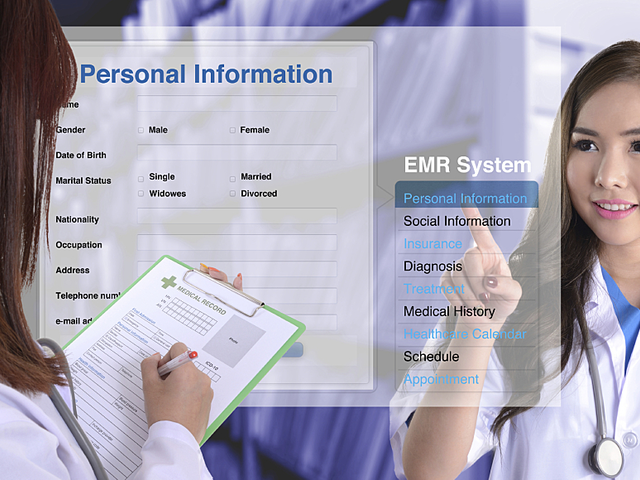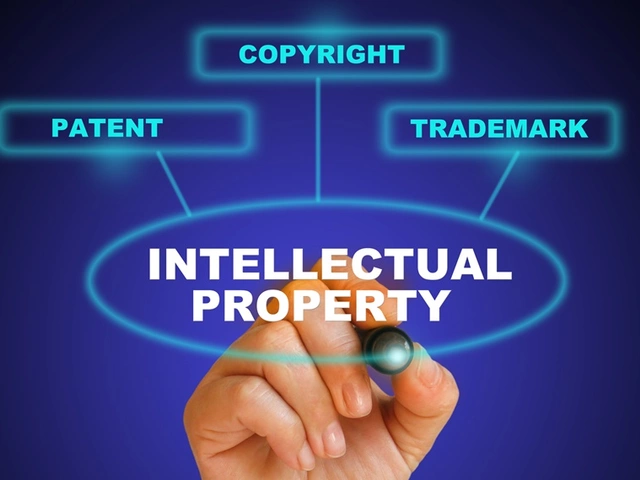
Understanding Health Information
As a blogger, I am fascinated by the vast amount of health information available today. This data is not only beneficial to healthcare providers and patients, but it is also crucial for the overall growth of the healthcare industry. Health information comprises data related to a person's medical history, including diagnoses, medications, treatment plans, radiology images, and laboratory and test results. It is an integral part of healthcare delivery, and its use is multi-faceted. In my quest to delve deeper, I will share what I've learned about the uses of health information in healthcare.
The Role of Health Information in Clinical Decision Making
One of the most significant uses of health information is in clinical decision-making. Clinicians rely on comprehensive and accurate health information to diagnose and treat patients effectively. This information aids them in evaluating a patient’s health status and determining the most suitable treatment plan. For example, a patient's medical history can provide insights into allergies, previous surgeries, or chronic conditions that could influence how a doctor prescribes medication or proposes a course of treatment.
Health Information in Preventive Care
Health information also plays a crucial role in preventive care. By examining a patient's health information, healthcare providers can identify potential health risks before they become serious issues. For instance, by looking at a patient's family medical history, doctors can determine if the patient is at a higher risk for certain genetic disorders or diseases like heart disease or diabetes. This information can then be used to recommend preventive measures, such as lifestyle modifications or regular screenings, to help the patient maintain their health.
Utilizing Health Information for Health Promotion
The use of health information is not just confined to the clinical setting; it also plays a significant role in health promotion. Information about a person's health behaviors, such as diet, exercise habits, and tobacco or alcohol use, can be used to develop tailored health promotion programs. These programs aim to encourage healthier lifestyle choices and reduce the risk of disease. For example, a health promotion program may use information about a community's dietary habits to promote healthier eating and reduce the risk of obesity.
Health Information in Health Services Management
Health information is a valuable tool in health services management. It can be used to analyze the effectiveness of various healthcare services and identify areas for improvement. For example, health information can provide insights into patient wait times, the efficiency of different treatments, and the satisfaction levels of patients. This information can help healthcare administrators make informed decisions about resource allocation, service provision, and policy development.
Health Information in Research and Policy Development
Finally, health information is vital in research and policy development. Researchers use health information to study disease patterns, identify risk factors, and evaluate the effectiveness of treatments. This research can then inform the development of health policies and guidelines. For example, health information was crucial in understanding the spread and impact of COVID-19, leading to the development of public health policies and guidelines aimed at controlling the pandemic.
In conclusion, health information is a powerful tool that is being used in a variety of ways to improve healthcare delivery, promote health, manage health services, and inform research and policy development. As technology continues to advance, the use of health information will only become more integral in healthcare.





Write a comment
Your email address will not be published. Required fields are marked *